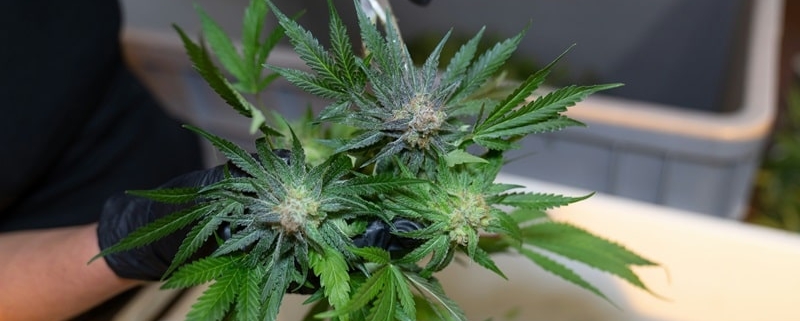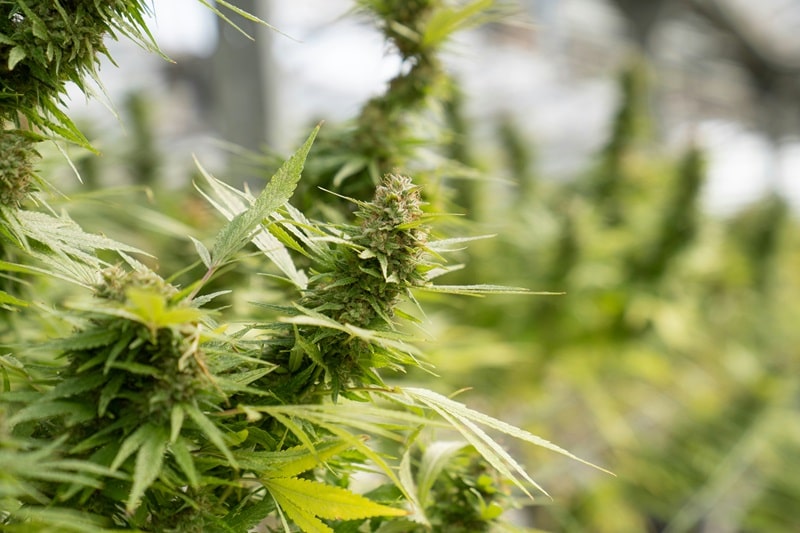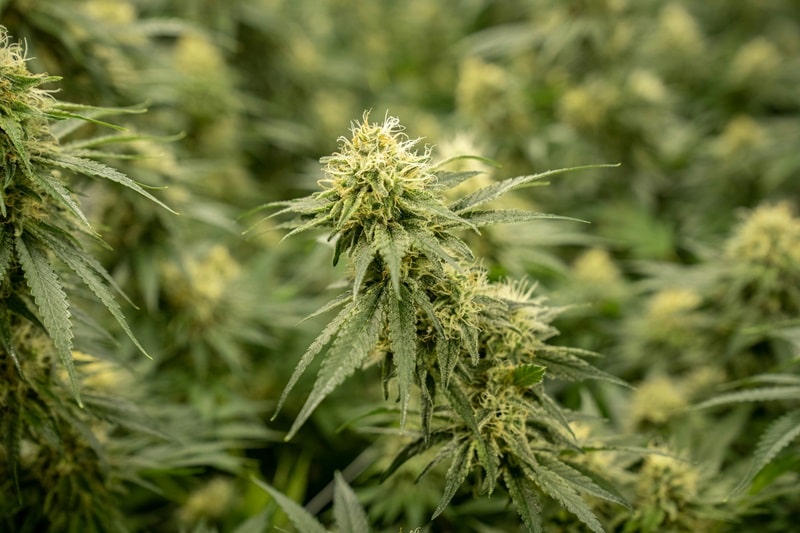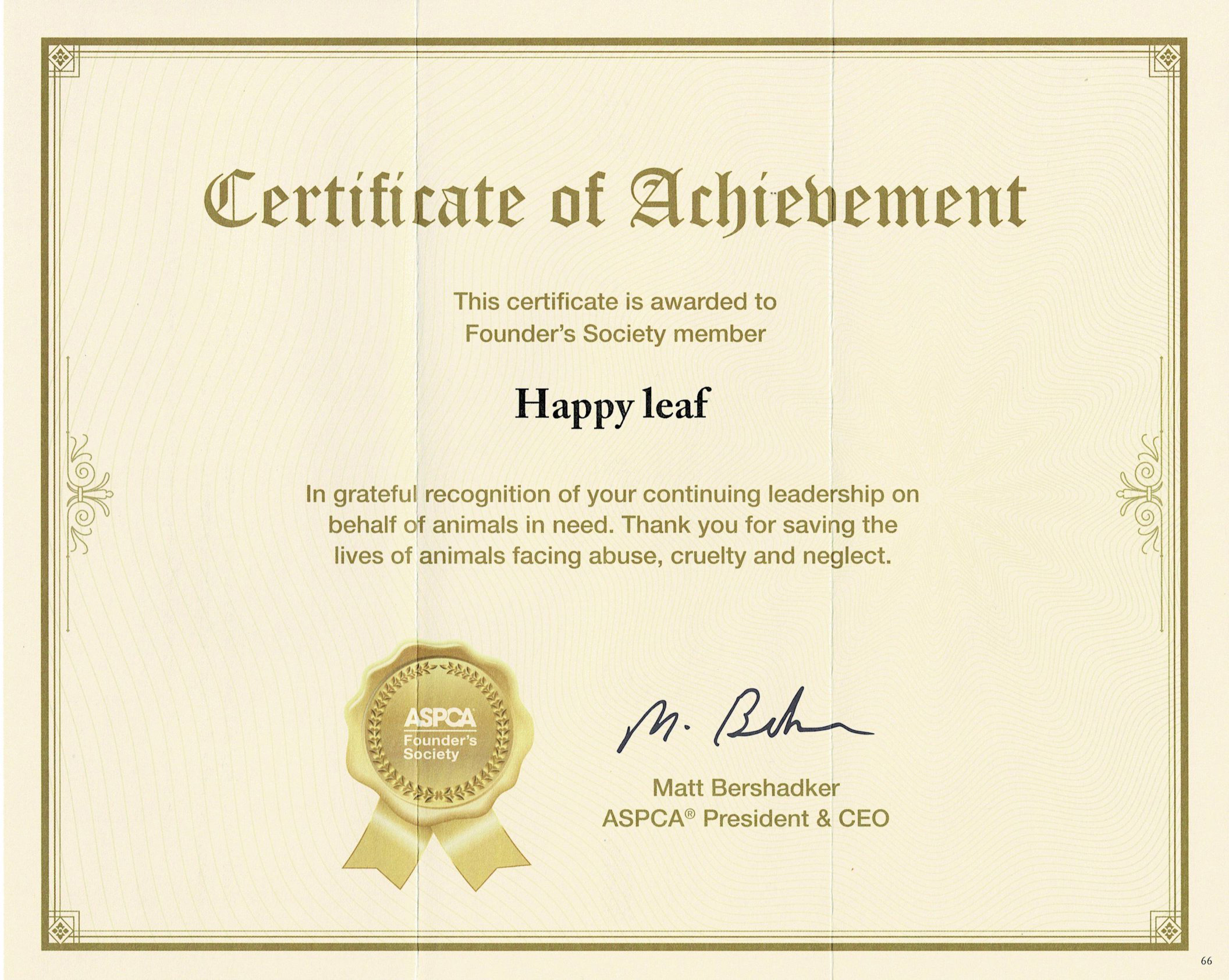Delta-8 vs Delta-9 THC: What’s the Difference?
In the ever-growing landscape of cannabis products, it becomes increasingly important to discern the nuances between Delta-8 and Delta-9 THC. These two forms of tetrahydrocannabinol, or THC, might share a name, but they diverge significantly in various aspects. This article aims to unravel the differences between Delta 8 and Delta 9 THC, shedding light on their chemical structures, effects on the body, potential benefits, consumption methods, and legal standings.
Delta-8 vs Delta-9 THC: Key Differences Explained
As the demand for alternative cannabis products continues to rise, understanding the variations between Delta-8 and Delta-9 THC is crucial. By delving into their unique properties, potential benefits, and legal aspects, people can make more informed decisions when choosing cannabis products for recreational or medicinal use.
Delta 8 and Delta 9 THC are distinct compounds found in cannabis plants, both belonging to the cannabinoid family. Despite their shared heritage, their chemical structures and effects on the body differ significantly. Delta 9 THC, the more prevalent cannabinoid, is renowned for its potent psychoactive effects, synonymous with the traditional “high” associated with marijuana use. In contrast, Delta 8 THC, though present in smaller quantities, offers a less intense psychoactive experience.
As a matter of fact, the psychoactive potency of Delta 8 and Delta 9 THC stands out as a critical divergence. Delta 9 THC is famed for inducing a euphoric high and distorting one’s perception of time and space. This attribute makes it a popular choice for recreational use. On the flip side, delta-8 THC, with its subtler and milder effects, caters to individuals who want to explore the benefits of cannabis without being overwhelmed by psychoactive sensations. This cannabinoid provides a milder high, suitable for those who wish to consume cannabis with less intensity.
Therapeutic Potential: A Glimpse into the Future
While research on Delta 8 THC’s medical applications is still in its infancy, initial studies suggest that it shares therapeutic properties with Delta 9 THC. Both compounds have demonstrated antiemetic, analgesic, and neuroprotective effects. However, a comprehensive understanding of its therapeutic potential and specific effects on various medical conditions awaits further research.
Delta-8 THC: Effects, Benefits & Comparison
Delta-8 THC, naturally occurring in cannabis but in smaller quantities, stands as a close relative to Delta 9 THC. Despite their similarities, Delta 8 THC distinguishes itself through milder psychoactive effects. Users often describe it as inducing a clear-headed high, providing a smoother and less anxious experience.
While more research is needed, Delta-8 THC shows promise in alleviating various symptoms and conditions. Users report its potential to reduce anxiety, stress, and nausea, making it a valuable option for individuals undergoing chemotherapy or experiencing appetite loss. Additionally, Delta-8 THC may have neuroprotective properties, contributing to brain health, but conclusive scientific evidence is yet to be established.
Delta-9 THC: Effects, Benefits & Comparison
Delta 9 THC reigns supreme as the primary psychoactive component in cannabis, responsible for the traditional marijuana “high.” Its potency in delivering intoxicating effects, including euphoria and relaxation, sets it apart from its Delta 8 counterpart.
It has garnered attention for its potential therapeutic benefits, especially in managing chronic pain and reducing inflammation. Additionally, it may aid individuals with sleep disorders, promoting relaxation and improved sleep quality. However, individual responses to these benefits may vary based on unique physiology and tolerance levels.
Delta-8 vs Delta-9: Chemical Differences
While both Delta-8 THC and Delta-9 THC share the THC moniker, their chemical structures and effects on the body diverge. Delta-8 THC boasts a double bond on its eighth carbon chain, while Delta-9 THC features this bond on its ninth carbon chain. This subtle distinction influences how these compounds interact with cannabinoid receptors, contributing to varied psychotropic effects.
However, further research is essential to fully comprehend the distinct qualities and effects of these chemical differences on the body’s endocannabinoid system. You can contact us to learn more.
Consumption Methods and Safety: Prioritizing Well-Being
Both Delta-8 THC and Delta-9 THC offer multiple consumption methods, including smoking, vaping, and ingestion. Prioritizing safety is paramount, however, necessitating awareness of product quality and source. Adhering to recommended dosing guidelines and starting with small doses, especially for THC novices, helps assess personal tolerance and minimize potential adverse effects.
Legal Differences: Delta-8 vs Delta-9 THC
The legal status of Delta-8 THC and Delta 9 THC is a patchwork, varying by jurisdiction. While Delta 9 THC remains illegal in many places, Delta-8 THC exists in a legal gray area. Some states permit its sale and consumption, but regulations are subject to change. If you’re considering exploring the benefits of a Portland dispensary, it’s important to familiarize yourself with local laws before purchasing or using any cannabis products.
Informed Choices in the Cannabis Realm
As the cannabis landscape evolves, exploring the interplay between Delta 8 and Delta 9 THC becomes increasingly nuanced. Beyond their differences, these compounds collectively contribute to the diverse spectrum of cannabis experiences. By staying informed about the latest research, legal developments, and emerging insights, you can actively engage with the dynamic world of cannabis, ensuring your choices align with evolving knowledge and personal preferences.
In conclusion, a nuanced understanding of Delta 8 vs Delta 9 THC is indispensable for individuals considering cannabis consumption. While Delta-8 THC offers a milder psychoactive experience and potential benefits, Delta 9 THC remains the primary contributor to the traditional cannabis high. This ongoing dialogue fosters a more comprehensive understanding of cannabis’s potential and the role each variant plays in shaping the user experience.

Ian Baker handles content marketing at Happy Leaf Portland. There are 5 years that he is deeply involved in the cannabis field. He had 3 years of experience as a Budtender and thanks to his desire to achieve more, he has a career move. Currently he works as a content manager.









